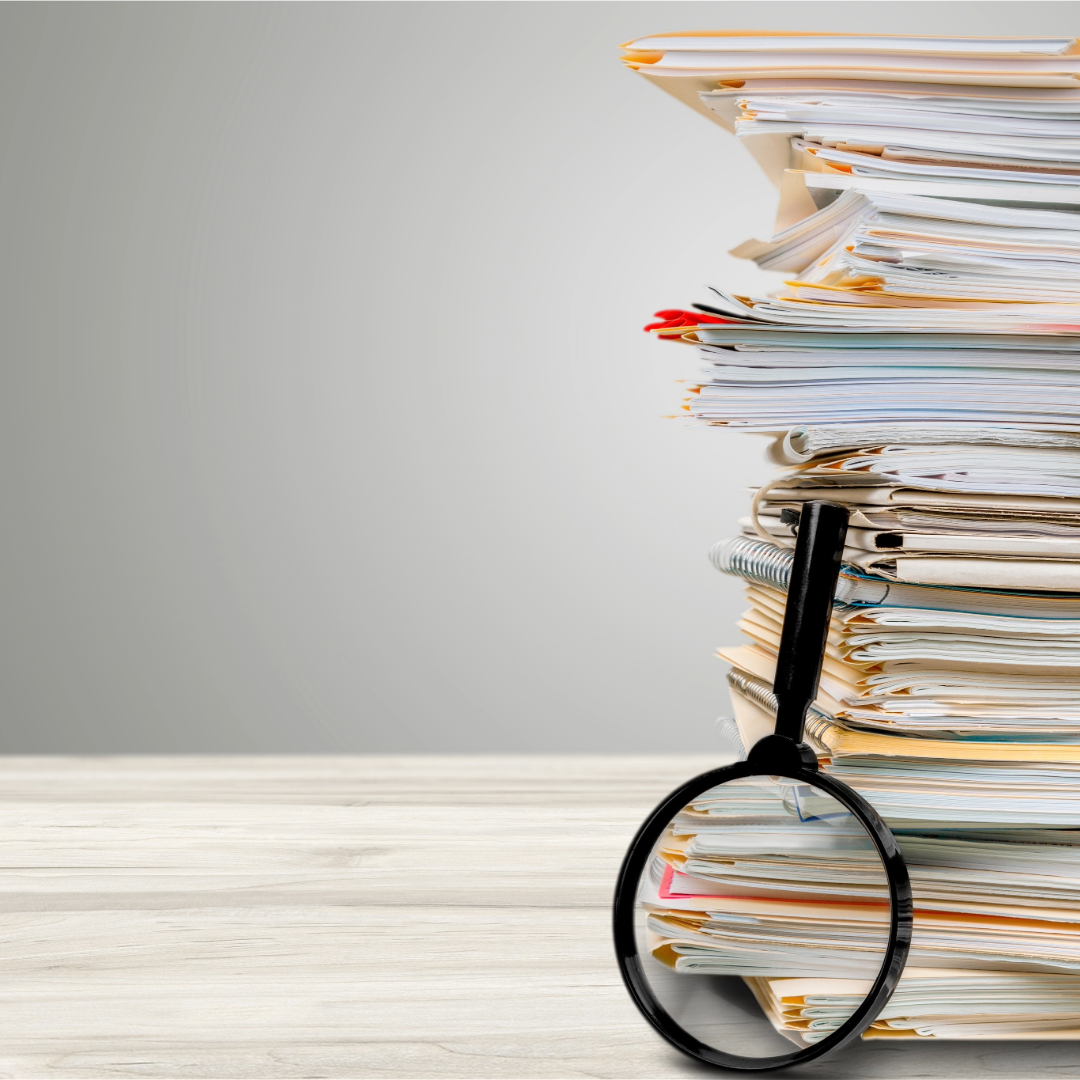
Increased State Pension Coming in April!
If you currently receive the state pension, your income will significantly boost starting April 2024.
This increase is thanks to the triple lock, a system guaranteeing annual state pension adjustments based on the highest of three factors: inflation, average wage growth, or a minimum of 2.5%.
What is the State Pension?
The state pension is a government benefit paid every four weeks to eligible individuals who’ve reached the qualifying age and contributed enough National Insurance.
Current State Pension Amounts (as of April 2023):
- New State Pension (reached state pension age after April 2016): £203.85 per week (full amount)
- Old Basic State Pension (reached state pension age before April 2016):£156.20 per week (full amount)
State Pension Increase in April 2024:
Under the triple lock, the state pension will rise by 8.5% in April 2024, resulting in new weekly amounts:
- New State Pension: £221.20 (full amount)
- Old Basic State Pension: £169.50 (full amount)
Understanding the Triple Lock and its Future
Introduced in 2010, the triple lock ensures state pension increases keep pace with inflation or wage growth.
The system was temporarily suspended due to COVID-19’s impact on wages but reinstated in 2023.
The triple lock’s sustainability is still controversial, with concerns about long-term costs. Debates surround adjusting the state pension age to reflect increasing life expectancy.
Read about the common pension mistakes to avoid
Jeremy Hunt, the Chancellor of the Exchequer, has said the Conservatives will keep the triple lock system if they win the election.
He recently confirmed the pledge, telling Sunday with Laura Kuenssberg that he was confident the “expensive” promise would be paid for by growing the economy.
Labour said it was “committed to retaining” the triple lock.
However, the party has yet to confirm if the pledge will feature in its election manifesto. “We will set out those plans for our manifesto in detail,” Labour Party chair Anneliese Dodds told the BBC programme.
Increases to State Pension Age:
The current state pension age is 66 for those born between October 1954 and April 1960.
The age is gradually rising to 67 for those born after April 1960 and 68 for those born after April 1977.
A recent report by the International Longevity Centre UK (ILC), a think tank focused on aging populations, warns that the current plan for raising the state pension age might not be enough.
Published in February 2024, the report cites increasing life expectancy and declining birth rates as key factors.
The ILC suggests that the UK (along with other aging nations) may need to reach age of 71 by 2050 to ensure the long-term affordability of state pensions.
This urgency stems from the rising cost of pensions.
In 2022-2023, the state pension already accounted for nearly half of all government benefit spending (£110.5 billion). The Office for Budget Responsibility predicts this cost to climb further, reaching £124 billion in 2023-2024.
Additional Support for Pensioners:
- Pension Credit: Tops up weekly income to a minimum level for eligible individuals.
- Winter Fuel Payment: An annual payment for those born before September 1957.
- Other benefits: Depending on circumstances, council tax reductions, cost-of-living payments, and help with heating costs may be available.
- Check your state pension age: https://www.gov.uk/state-pension-age
- Forecast your state pension: https://www.gov.uk/check-state-pension
